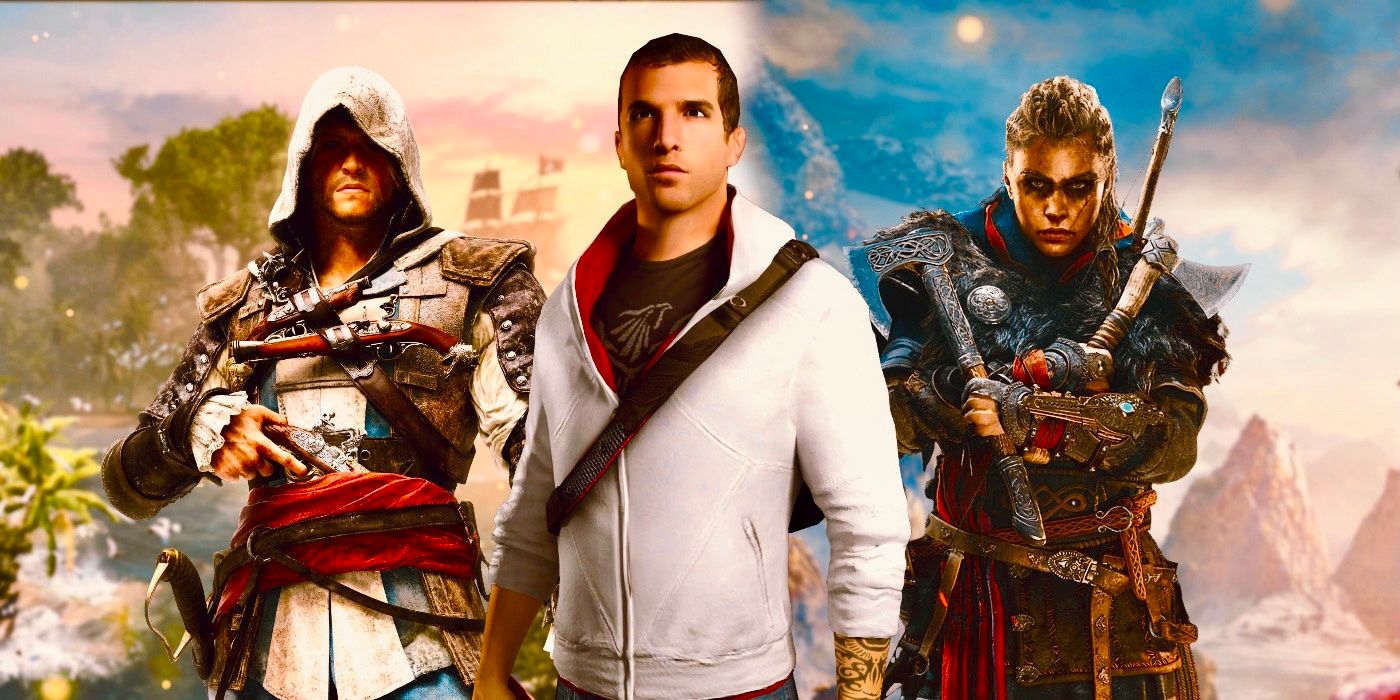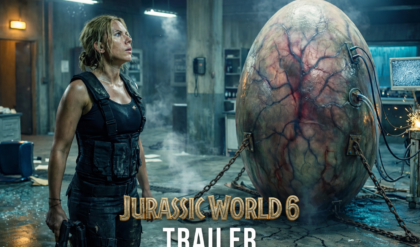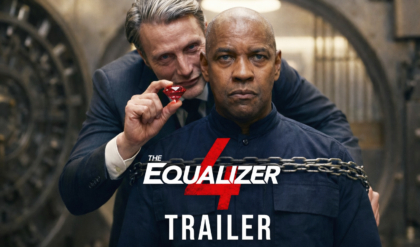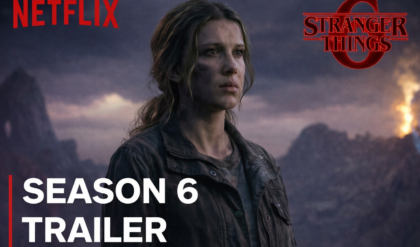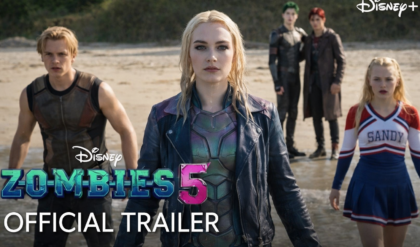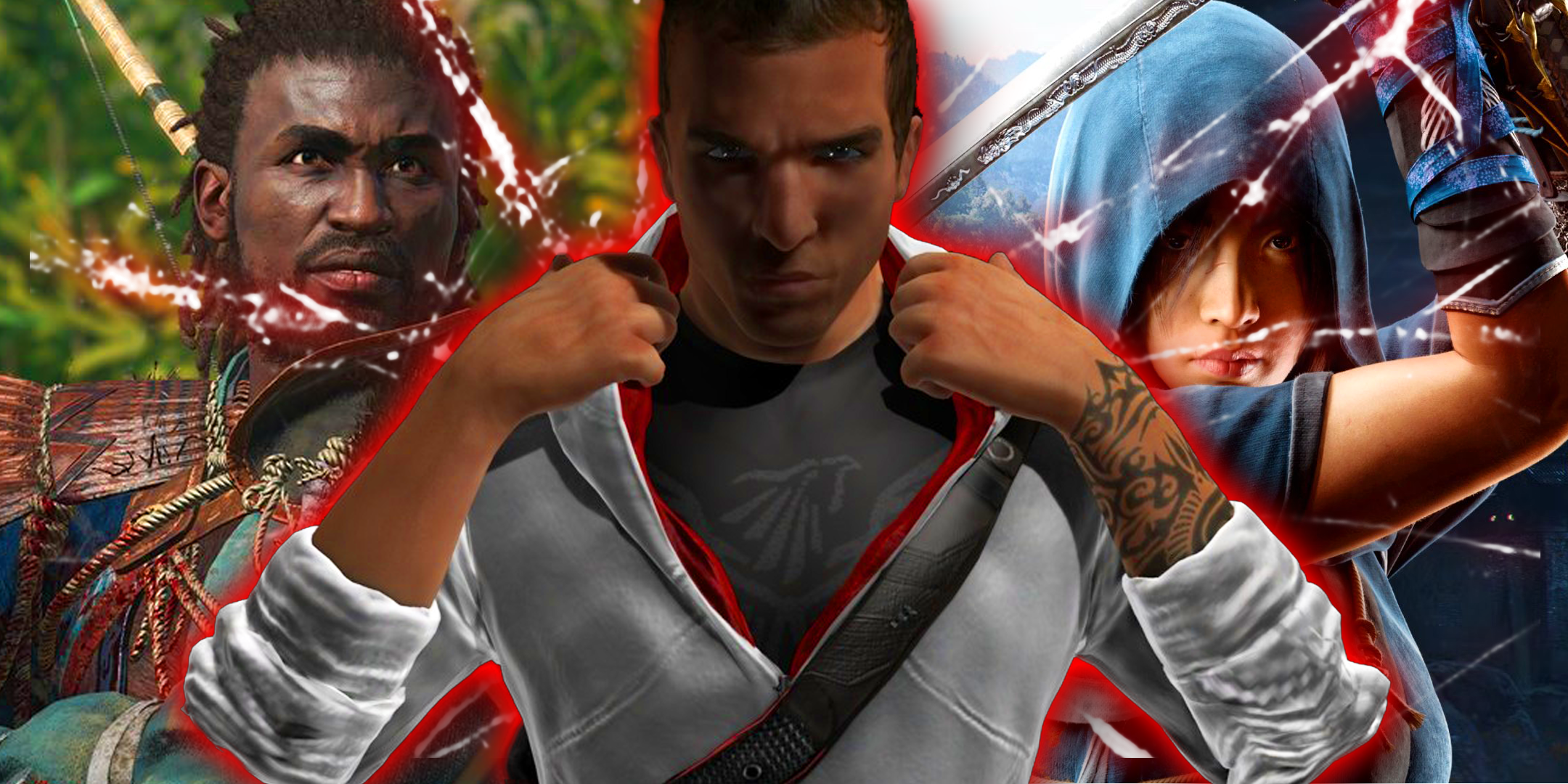
Even with its criticism and controversies, Assassin’s Creed Shadows has gone on to become the second-largest game launch the franchise has ever seen, only being beaten out by Assassin’s Creed Valhalla. While it’s clear the franchise is doing perfectly fine without incorporating all the elements that made the originals so great, that doesn’t mean there isn’t any room for improvement. With Shadows already expanding on mechanics of the past like building hideouts and recruiting assassins, the removal of a modern-day storyline from Shadows felt like a massively wasted opportunity, further emphasizing how disastrous one character’s death was to the franchise.
Desmond’s Death Felt Incredibly Premature For The Series
A Shocking End To Assassin’s Creed’s Most Critical Protagonist
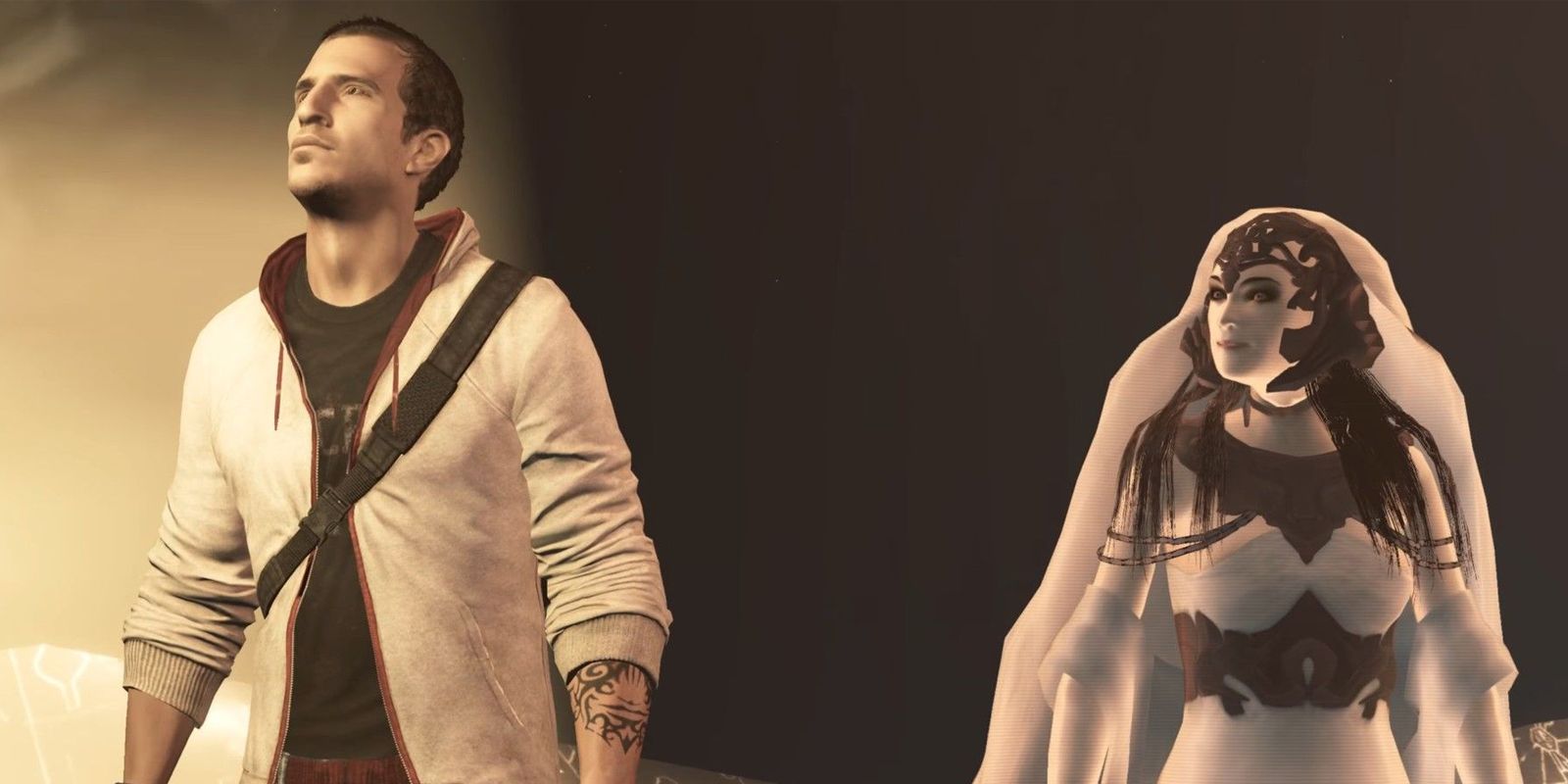
With Desmond’s storyline being built up over the course of 5 years during the first era of the franchise, his ultimate fate felt not only incredibly premature but ultimately unraveled what the series had been building towards for so long. While Desmond did get a somewhat heroic ending by giving up his own life in exchange for saving the world from total annihilation in Assassin’s Creed 3, the actual build-up to Desmond’s sacrificial moment was incredibly convoluted.
Rather than going out in a blaze of glory to finally take down Abstergo and finally end the Templar’s reign of tyranny, the more apocalyptic threats and god-like entities overshadowed the potential that Desmond’s character offered. In Ubisoft’s defense, Desmond was nowhere near as iconic as his ancestor counterparts, with the modern-day segments of each game being heavily criticized over its convoluted story and pulling players out of the action too often. Having one central character linked to assassins all across the globe posed a unique challenge as well, preventing players from visiting the gorgeous real-life locations in Shadows.
Another issue with Desmond’s storyline, according to a Polygon interview with one of Assassin’s Creed 3‘s developers, is that the story was simply going on for too long and getting overly convoluted, making the series difficult to pick up over the long gaps between releases. Even with its criticisms, Desmond’s story still offered some of the series’ most unique moments and gameplay mechanics. While the idea of a decade-spanning overarching storyline is an understandably difficult feat to pull off, it feels like a waste of potential to not spend at least one more game following Desmond’s story to its natural conclusion.
Desmond Was Supposed To Be The Culmination Of Every Assassin’s Skills
Completing His Journey Into The Ultimate Assassin Across History
Aside from marking the downward trend in Assassin’s Creed‘s modern-day storytelling, Demond’s death is made even more tragic by just how much potential the character’s unique background gave him. Being a descendant of some of the most influential assassins in history, Desmond was slowly gaining the abilities and knowledge of each of his ancestors over the course of each game. Near the end of his life, Desmond was even able to communicate with his ancestors, like Ezio, who knew he was watching them somehow through the Animus.
Desmond’s story was originally planned to end with him using his newfound skills as the perfect assassin to take down Abstergo in a modern-day setting, before escaping the earth in a spaceship during the same apocalyptic event that Desmond eventually stopped in the events of Assassin’s Creed 3, as noted by Eurogamer‘s analysis of a Ubisoft developer interview. While the spaceship idea is a little too out of this world for my tastes, I admit I still would have loved to see something similar to this conclude his storyline, with future games taking an original spin on the concept or acting as prequels to the series’ events.
Desmond was slowly gaining the abilities and knowledge of each of his ancestors over the course of each game.
Unfortunately, Desmond’s fate was likely sealed long before Assassin’s Creed 3 was released. The Assassin’s Creed series had become widely popular with no signs of slowing down, and a definitive end like this would have made future entries nearly impossible. Given Ubisoft’s push for yearly releases for the Assassin’s Creed franchise following its success, it’s more than likely that the overarching storyline and plot involving Desmond were simply too difficult to completely rework, and his unpopularity at the time offered little incentive to do so in the first place.
The Modern Storyline Has Never Been The Same Since Desmond’s Departure
Leaving Behind A Mountain Of Untapped Potential
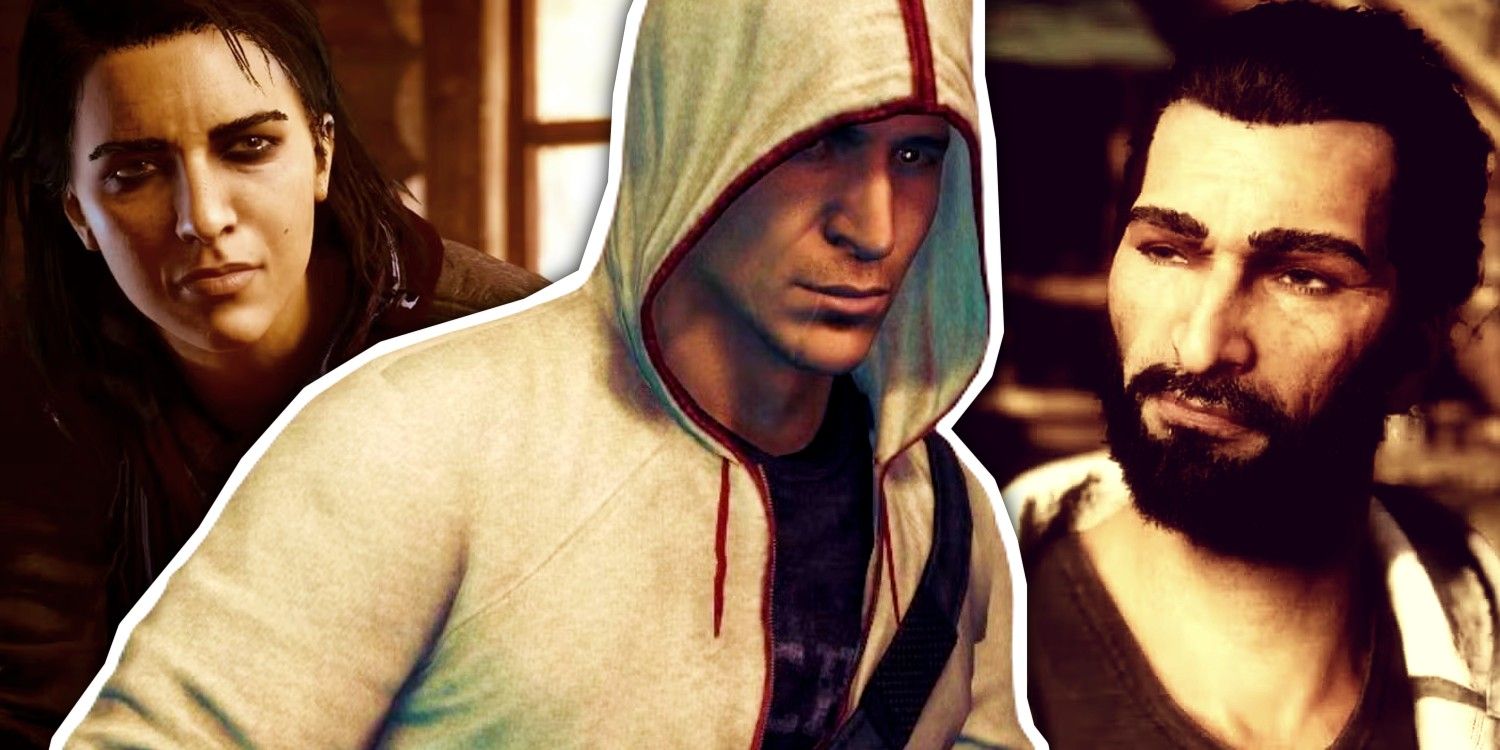
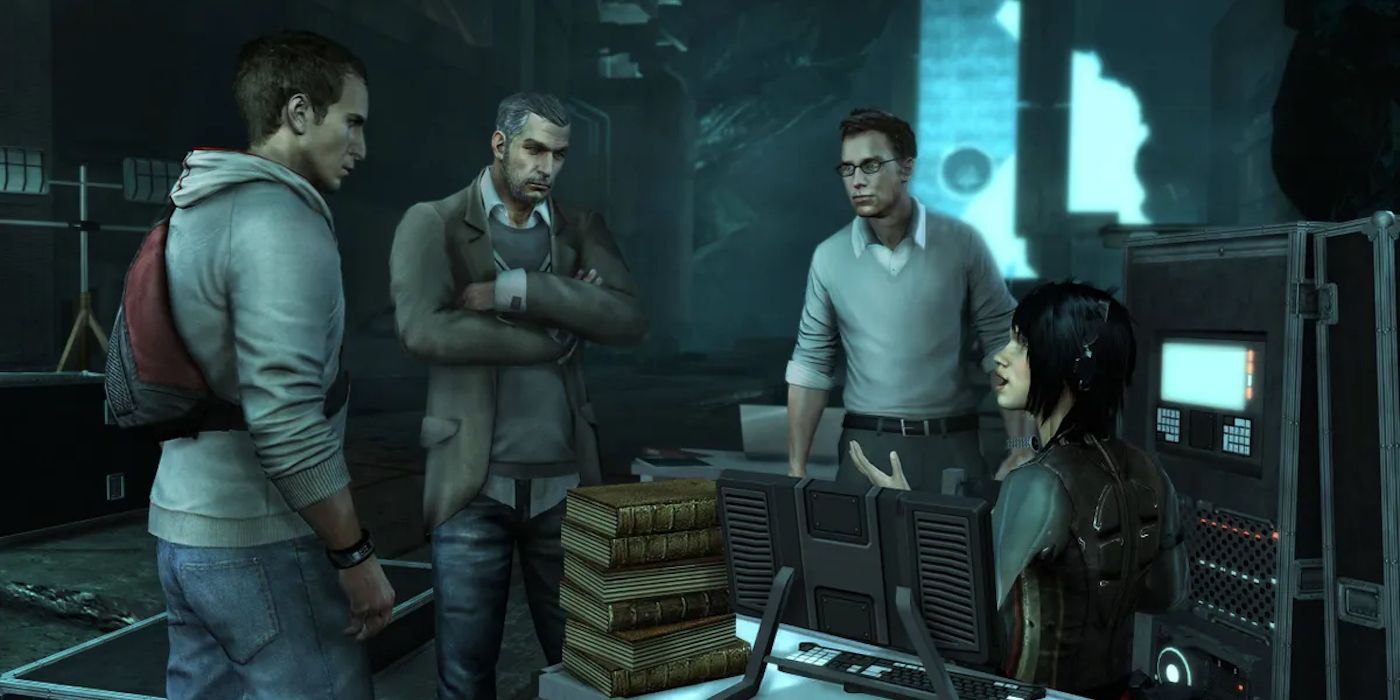
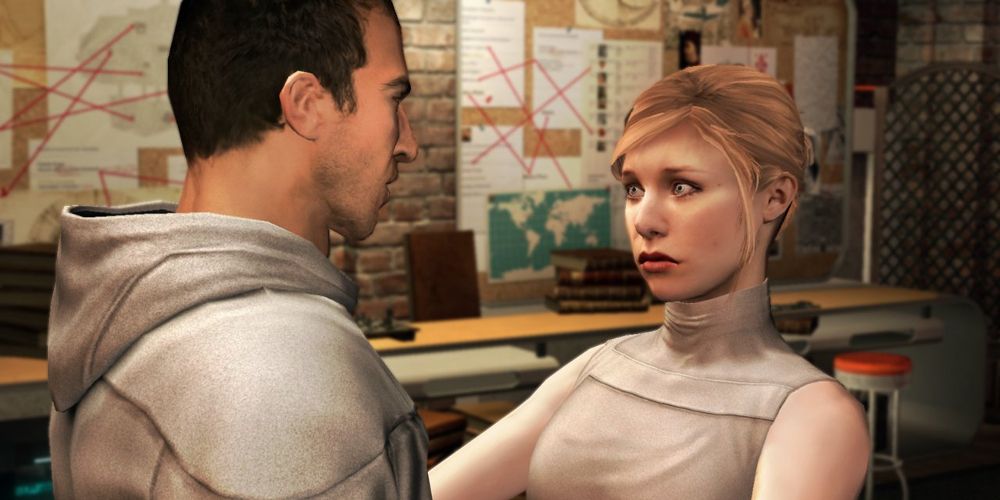
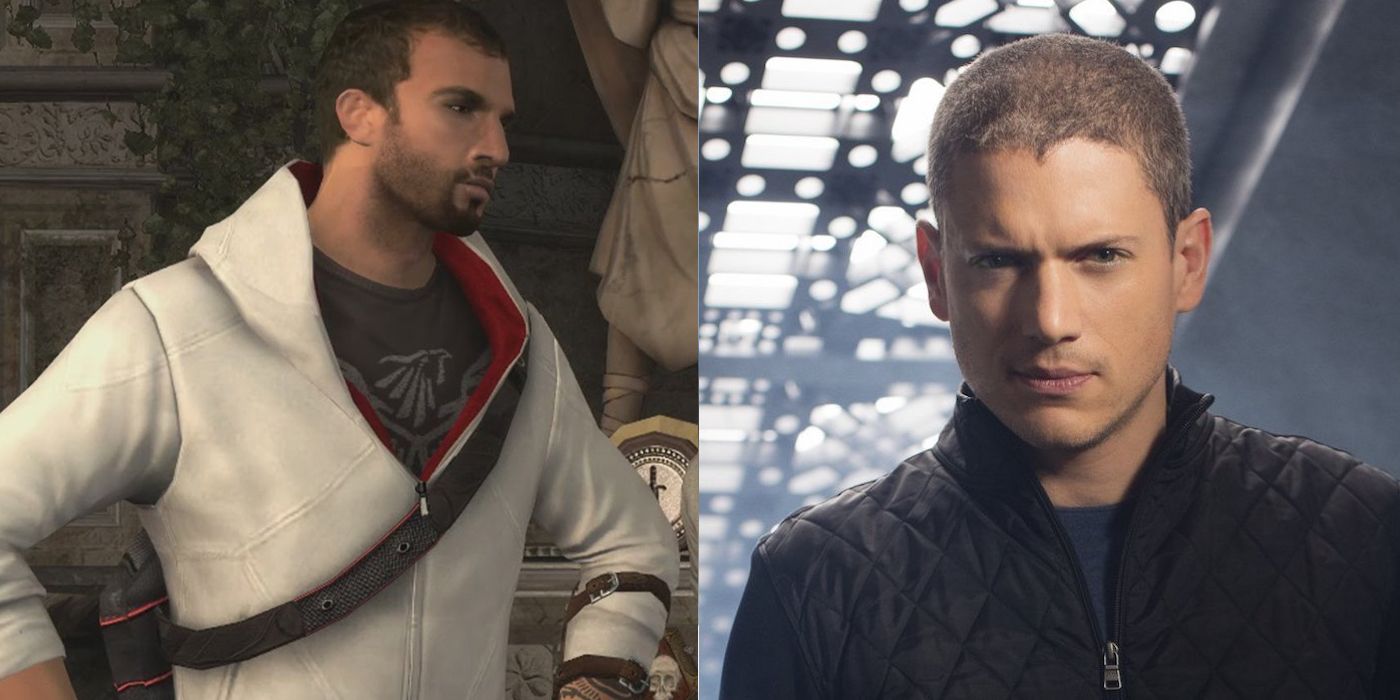
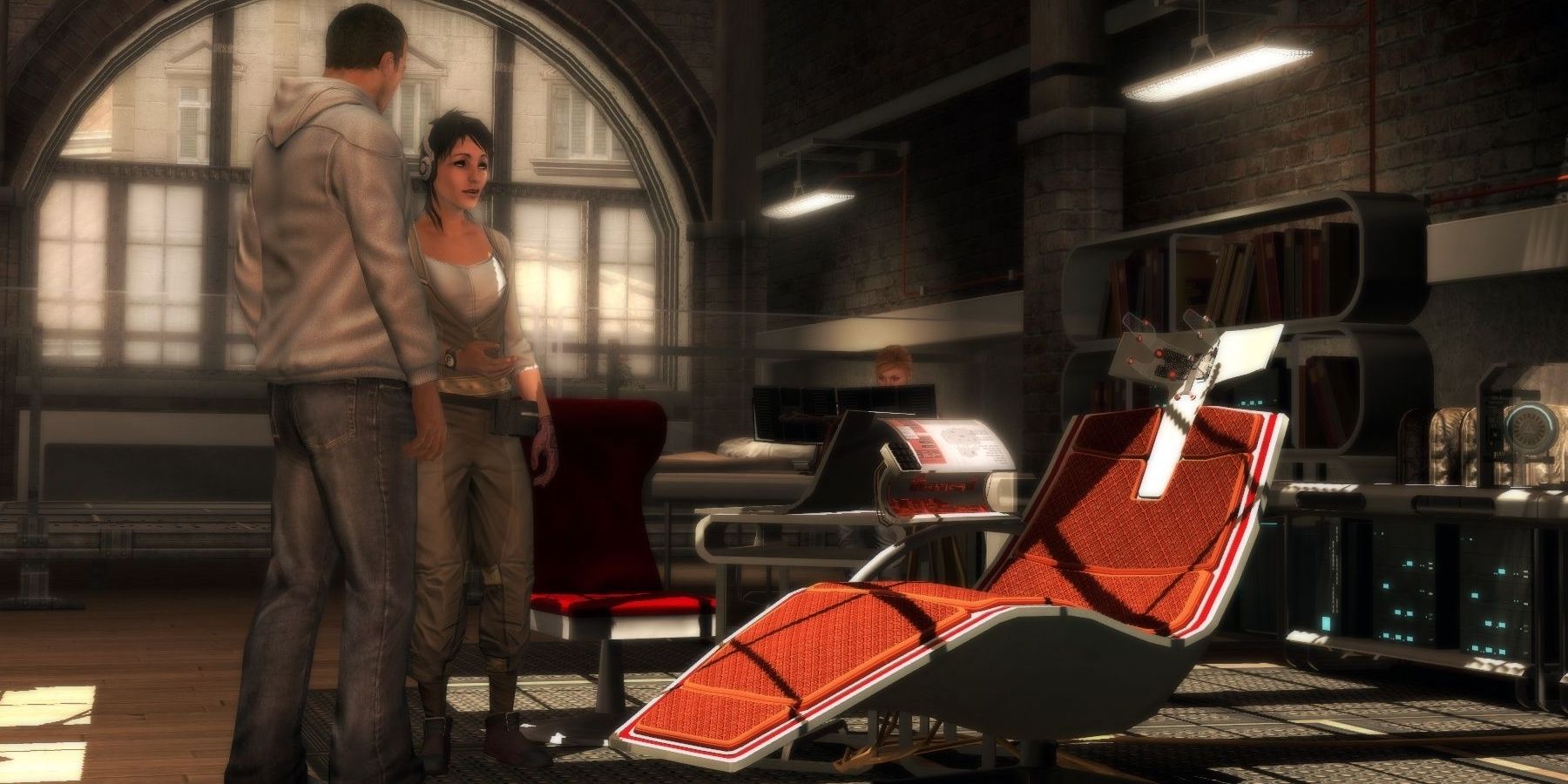





Even with all the criticism the early Assassin’s Creed games had over their boring modern-day storylines, the series has never achieved the same scope as it did with Desmond and his team’s battle against Abstergo. The game that immediately followed Desmond’s departure initially offered high hopes at first, as Assassin’s Creed Black Flag showed a unique perspective of the Templars which mirrored Desmond’s segments in the original games. Despite the interesting direction, games that followed started focusing on the concept less over time, with the entries that did develop it getting sidelined or ending on unexplored cliffhangers.
It still feels like a massive aspect of the franchise has been left behind to rot.
The largest problem with many of Assassin’s Creed‘s modern-day segments is that they rarely feel like they advance the series’ overarching story in a meaningful way, providing little to latch onto outside each entry’s individual narrative. While this focus does allow the historical storyline and characters to shine on their own and create a more immersive gameplay experience, it still feels like a massive aspect of the franchise has been left behind to rot.
The Animus Hub Could Help Fill The Gaps In Assassin’s Creed’s Overarching Storyline
A New Direction For The Storyline To Follow
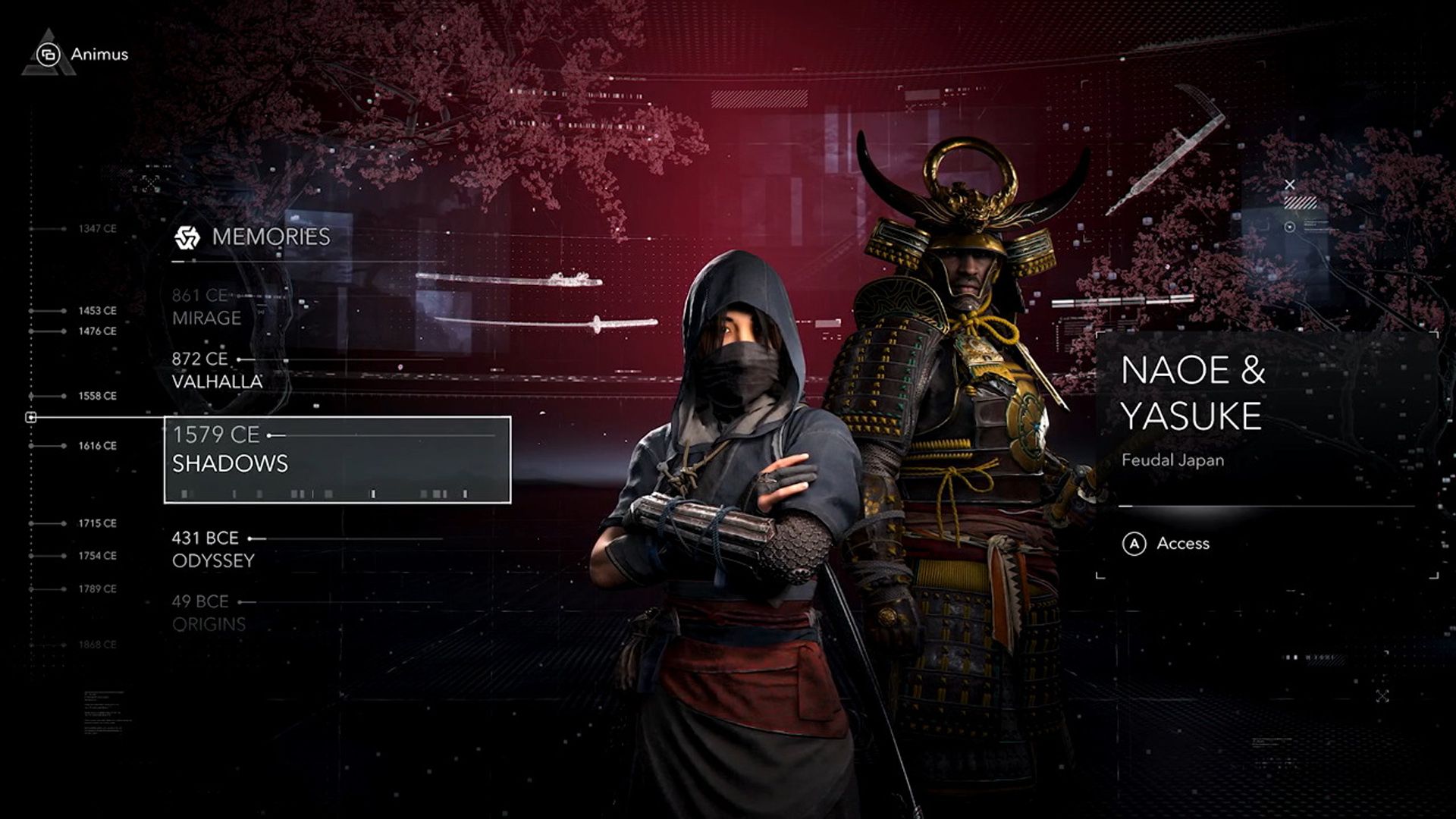
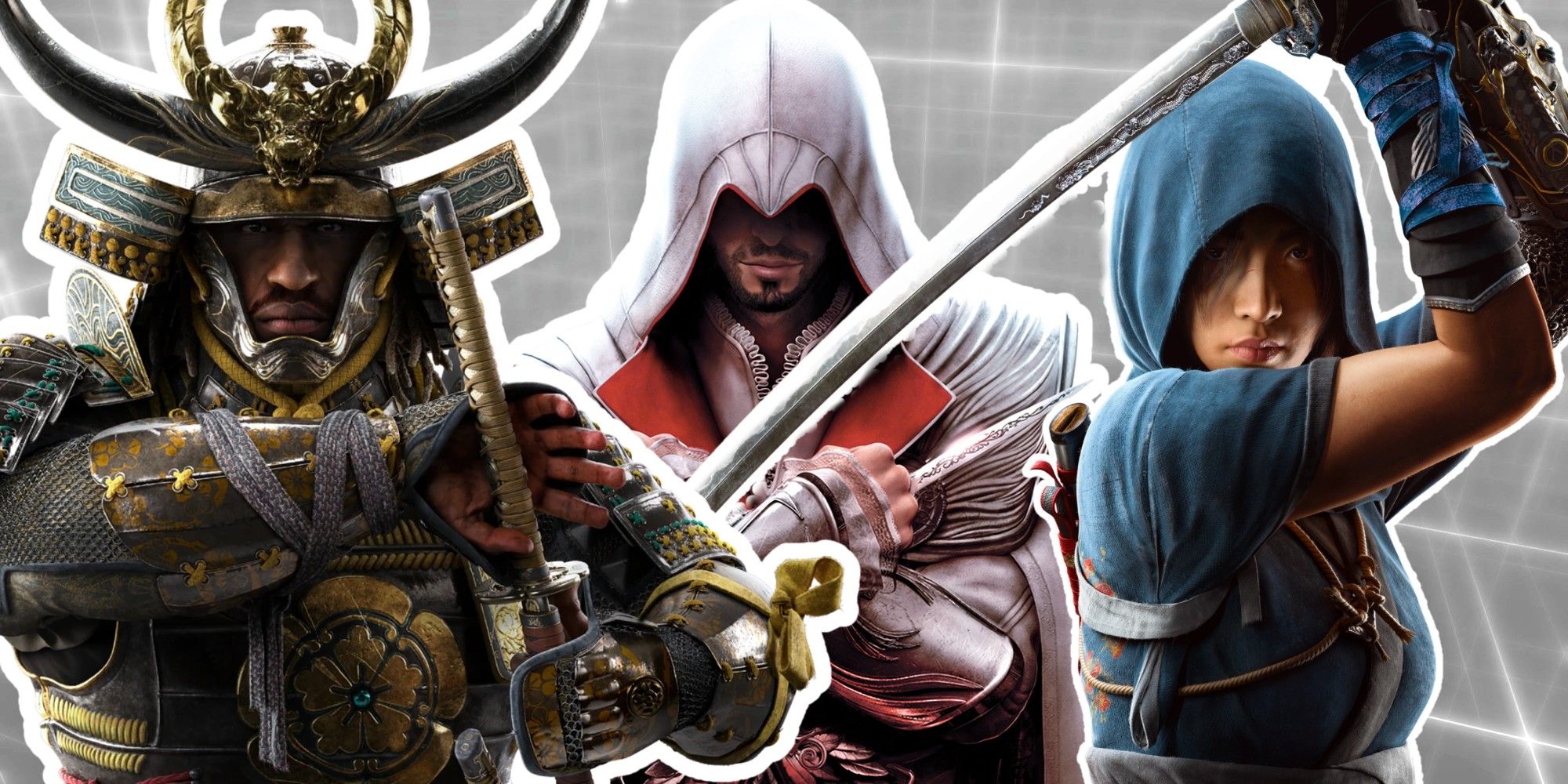
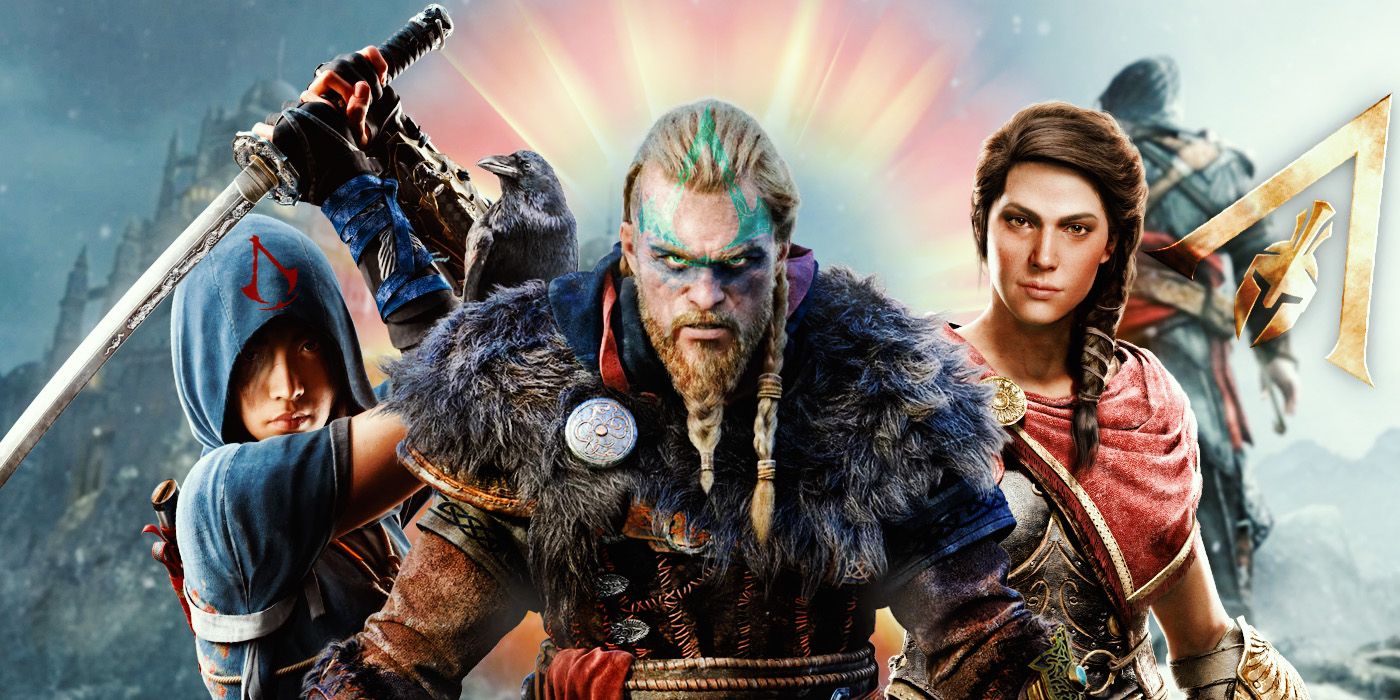
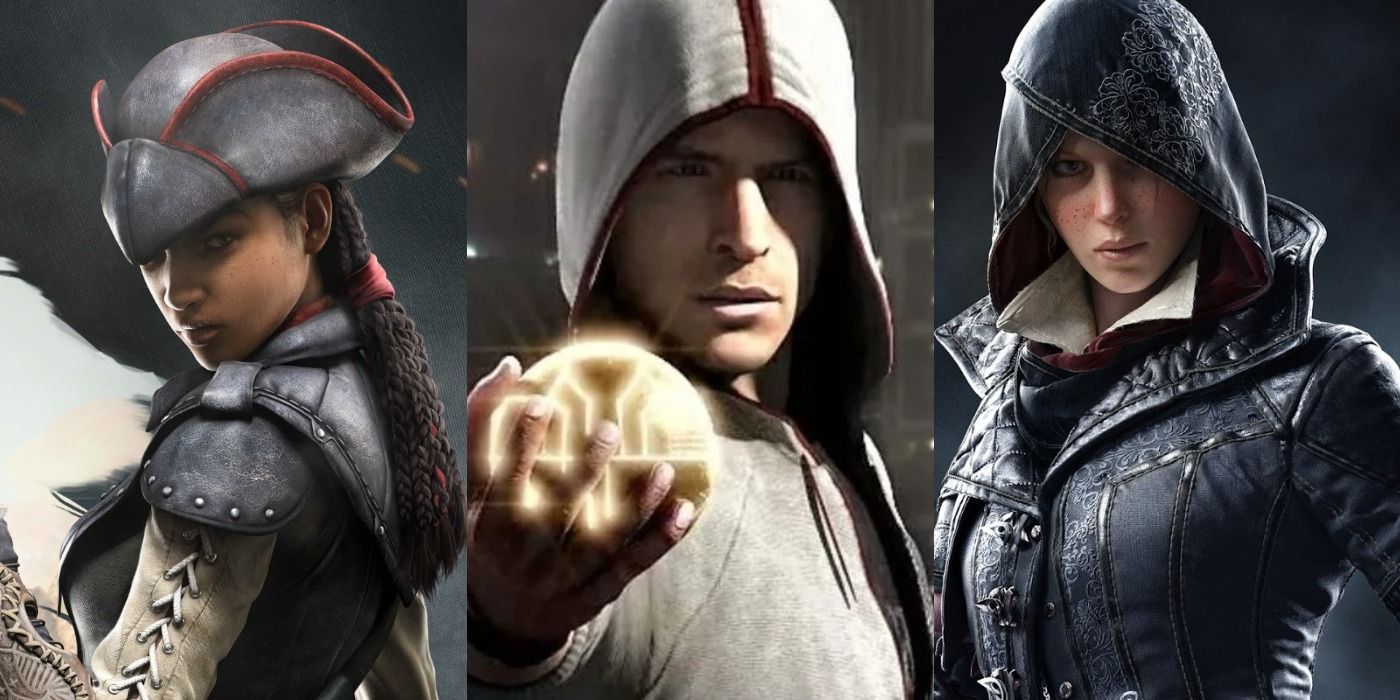
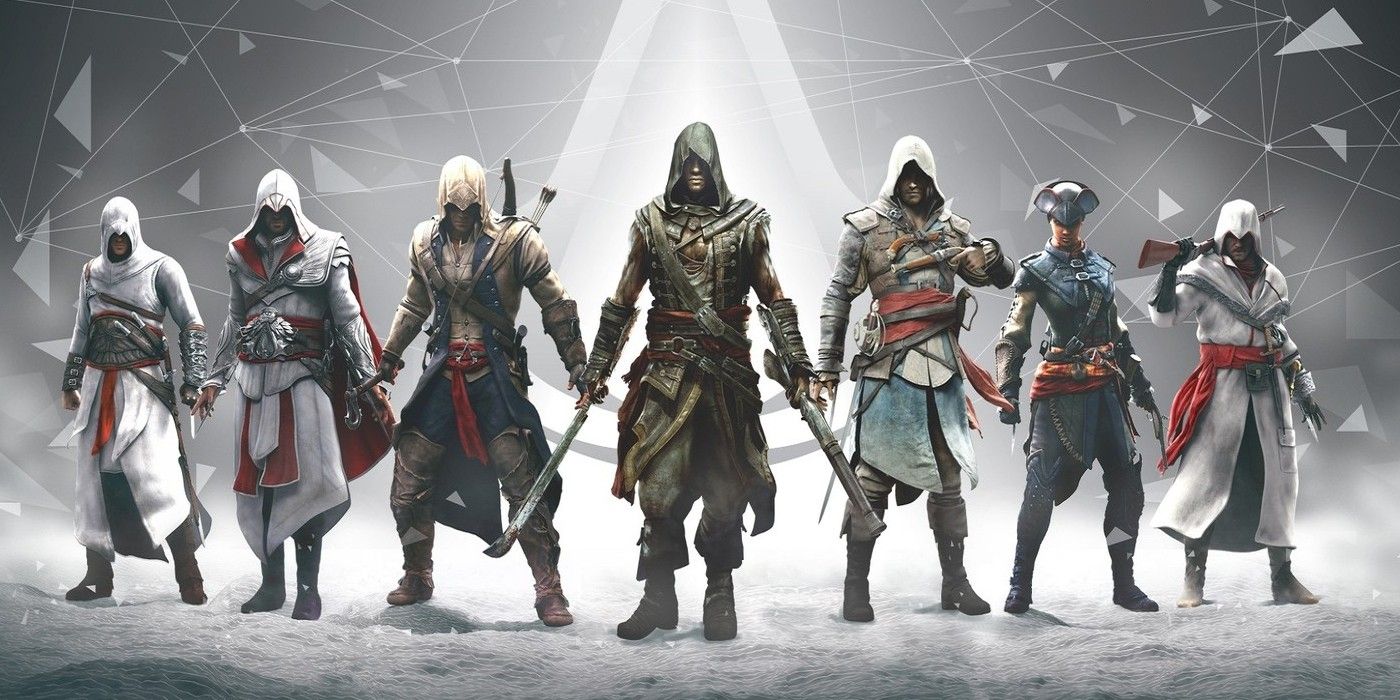





Despite Assassin’s Creed Shadows opting to skip out on the modern-day storyline altogether, it was coupled with the release of the Animus Hub, acting as a live-service platform with additional lore to follow. While the Animus Hub notably lacks some iconic protagonists, it could still be a window for the series to launch new narratives set in the modern day outside the games themselves, allowing the stories to stand entirely on their own without interrupting gameplay.
Given the strange effects of the more fantastical elements of the Asassin’s Creed series and its magical artifacts, there’s still a slim chance that Desmond could return. While it’s unlikely that Desmond will ever play a critical role again, he could still become an influential force in the world of a deeper modern-day storyline. With the Assassin’s Creed series gearing up for a tighter schedule of releases in future years following Assassin’s Creed Shadows, I have hope that at least one of the many upcoming projects will carry the torch that Desmond and the original games left in their wake.
